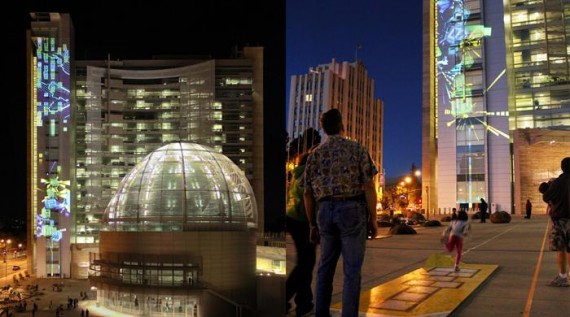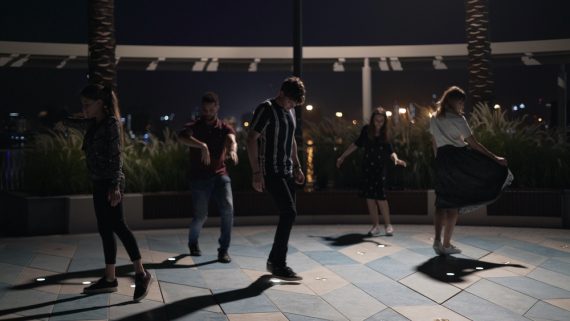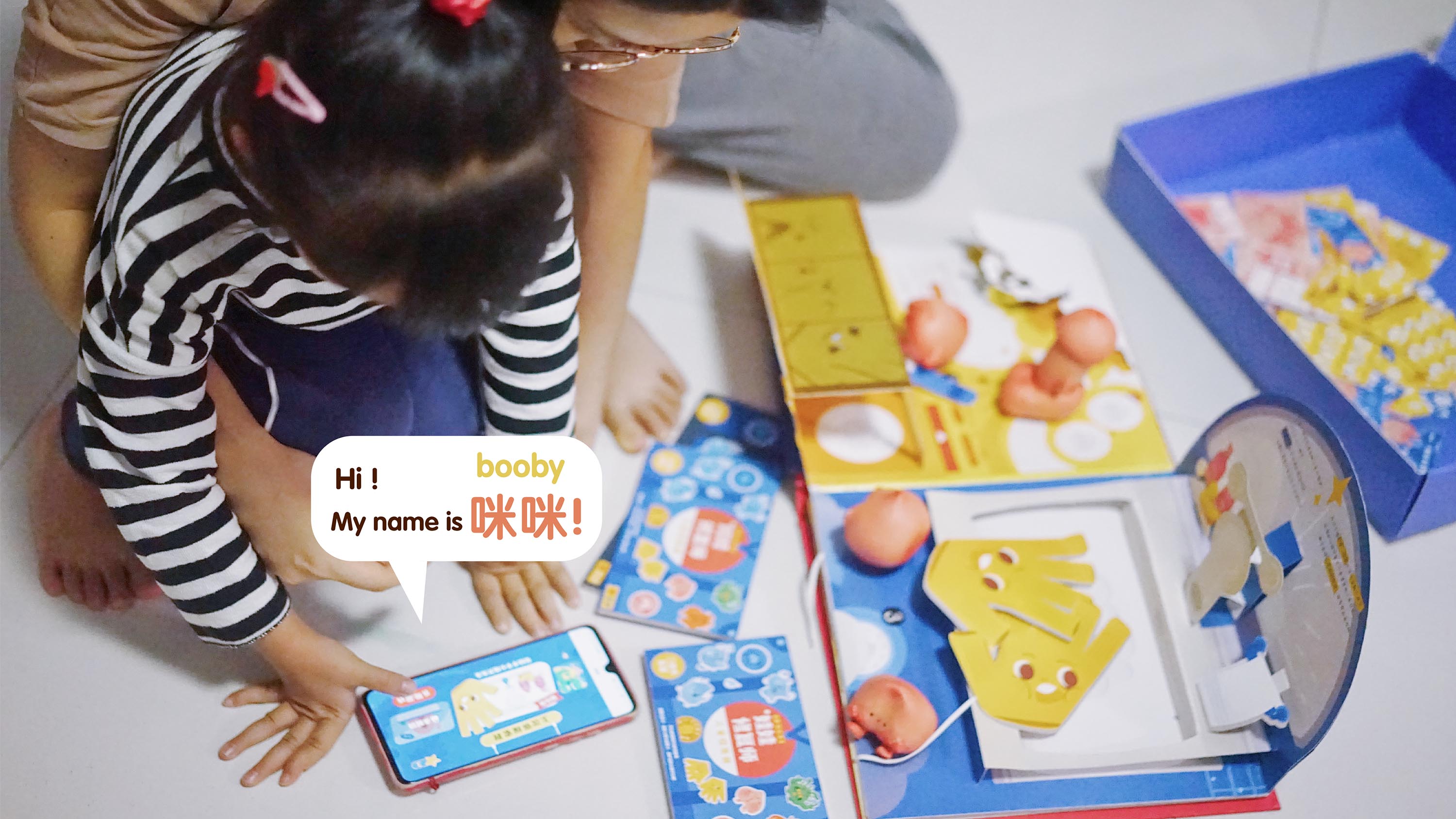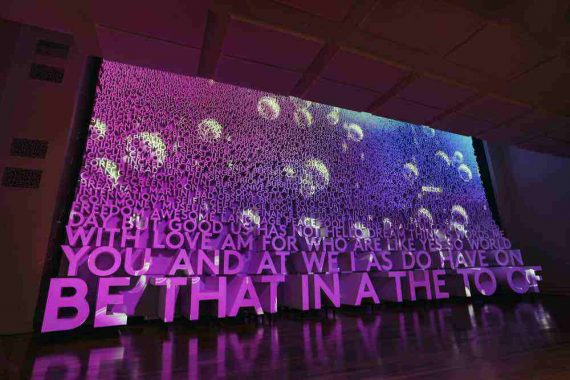Bukas: Material Messages for Filipino Migrant Workers and their Transnational Families
Team
Company | Institution
Category
Type
Project description
The Philippines has storied history of labor export – with Filipinos working all over the world in various industries. Among these migrant workers, Filipino domestic helpers bring a huge yet complicated impact to Filipino society at the familial level, as many of them are mothers absent from home life. Though there is no shortage of tools in this technological society with instant messaging & video calls, there are facets of the migrant worker’s life that are expressed in the culture of transnational gift-giving.
Probing into the everyday life and mental world of migrant workers in Hong Kong, the design research consisted of field observations, probes, interviews, and participatory workshops. We engaged groups of migrant Filipina domestic helpers, as well as family members in the Philippines. These inquiries built a deeper understanding of their relationships with family, emotional highs and lows, thoughts & reflections towards their identities & self-development. The findings countered the stereotypical view of the migrant mother merely self-sacrificing in a foreign land; they pointed to a strong sense of expression, and of pride and freedom coming from their personal growth and financial achievements
Our design takes the most recognizable artifact of the Filipino transnational relationship, the balikbayan box, as a point of inspiration to form a tangible interaction strategy. A balikbayan box is a package of items packed by the migrant worker and sent home containing gifts and various household items purchased in the foreign country. Our intent was addressing the need for self-identity formation & facilitate the expression of achievements and vulnerability, using a tangible, symbolic medium that carries material meanings for both the migrant worker and the families back home.
The ritual interaction with the box — a metaphor of containment — thus becomes a shared performance of sending precious messages left unsaid through quotidian, slow communication. A “box” that contains thoughtful gifts sent over a period of time can also be a “box” that is filled with thoughtful messages, making new meaningful experiences for distanced families.
“Bukas” (Tagalog: “open” & “tomorrow”) is our proof-of-concept prototype embodying our design concept. It is a tangible box with an augmented reality (AR) enabled interface that facilitates meaningful distance familial expression. It is composed of two boxes containing 7 graspable pieces each & a mobile application. The two boxes and their contents are identical and separately located. Nightly, the migrant worker and the distanced family will embed messages inside the pieces as a routine of recollection and reflection. At the end of each week, messages are collected and virtually sent through the AR patterns. The interaction of “packing” & “unpacking” the actual balikbayan box is mirrored through storing & unboxing the 7 pieces of the prototype inside the cube container. The migrant workers and family members recruited for user evaluation noted the clarity in the structure of the application and tangible product. More importantly, they appreciated how the product is a catalyst for prompting uncomfortable conversations and encourages an “old style of communication in contrast to this age of instant messages”.
Probing into the everyday life and mental world of migrant workers in Hong Kong, the design research consisted of field observations, probes, interviews, and participatory workshops. We engaged groups of migrant Filipina domestic helpers, as well as family members in the Philippines. These inquiries built a deeper understanding of their relationships with family, emotional highs and lows, thoughts & reflections towards their identities & self-development. The findings countered the stereotypical view of the migrant mother merely self-sacrificing in a foreign land; they pointed to a strong sense of expression, and of pride and freedom coming from their personal growth and financial achievements
Our design takes the most recognizable artifact of the Filipino transnational relationship, the balikbayan box, as a point of inspiration to form a tangible interaction strategy. A balikbayan box is a package of items packed by the migrant worker and sent home containing gifts and various household items purchased in the foreign country. Our intent was addressing the need for self-identity formation & facilitate the expression of achievements and vulnerability, using a tangible, symbolic medium that carries material meanings for both the migrant worker and the families back home.
The ritual interaction with the box — a metaphor of containment — thus becomes a shared performance of sending precious messages left unsaid through quotidian, slow communication. A “box” that contains thoughtful gifts sent over a period of time can also be a “box” that is filled with thoughtful messages, making new meaningful experiences for distanced families.
“Bukas” (Tagalog: “open” & “tomorrow”) is our proof-of-concept prototype embodying our design concept. It is a tangible box with an augmented reality (AR) enabled interface that facilitates meaningful distance familial expression. It is composed of two boxes containing 7 graspable pieces each & a mobile application. The two boxes and their contents are identical and separately located. Nightly, the migrant worker and the distanced family will embed messages inside the pieces as a routine of recollection and reflection. At the end of each week, messages are collected and virtually sent through the AR patterns. The interaction of “packing” & “unpacking” the actual balikbayan box is mirrored through storing & unboxing the 7 pieces of the prototype inside the cube container. The migrant workers and family members recruited for user evaluation noted the clarity in the structure of the application and tangible product. More importantly, they appreciated how the product is a catalyst for prompting uncomfortable conversations and encourages an “old style of communication in contrast to this age of instant messages”.

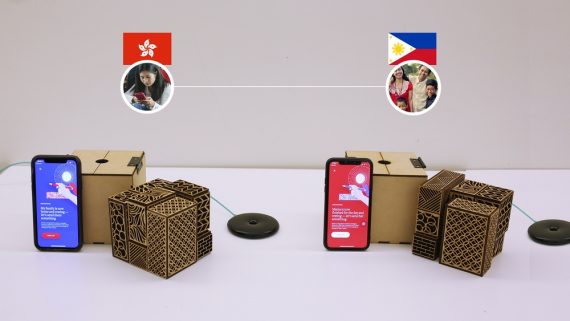
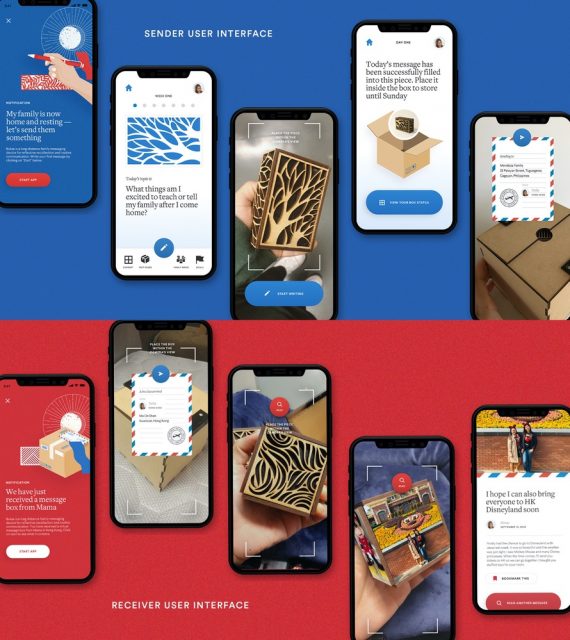
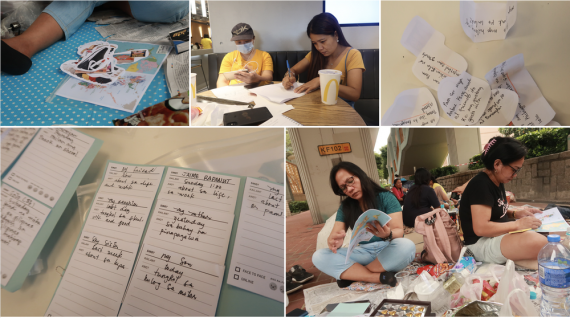
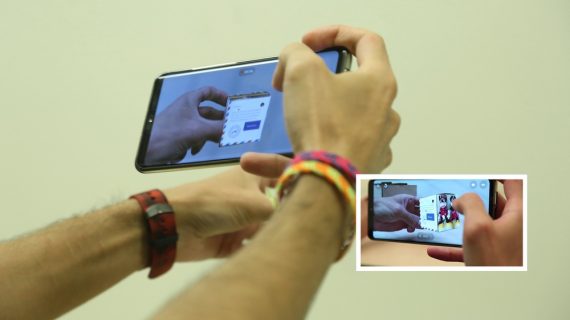
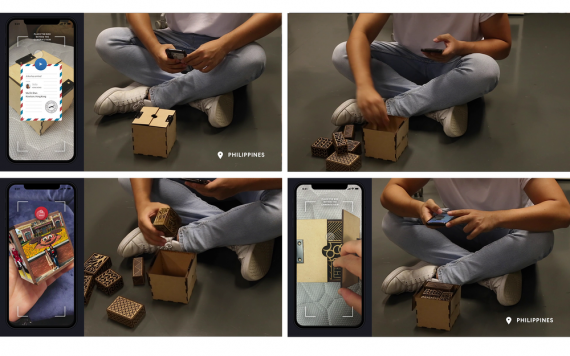
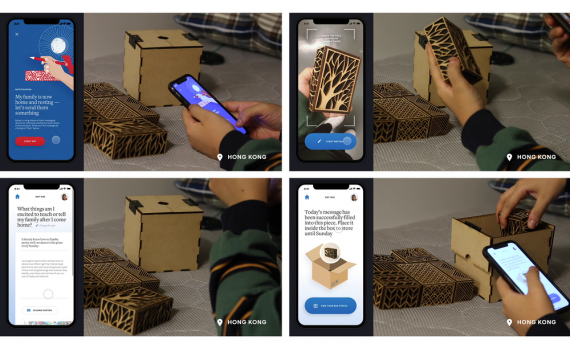
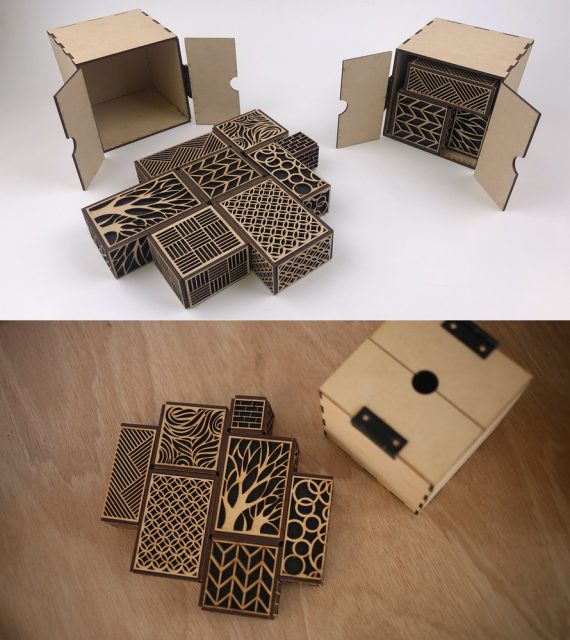
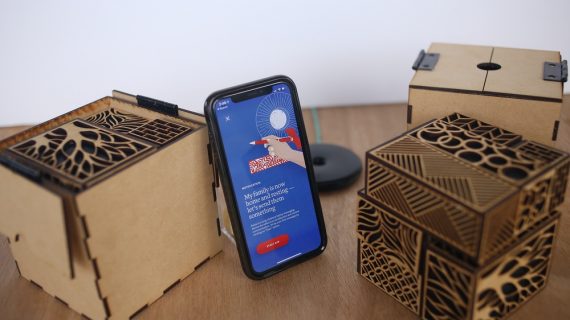
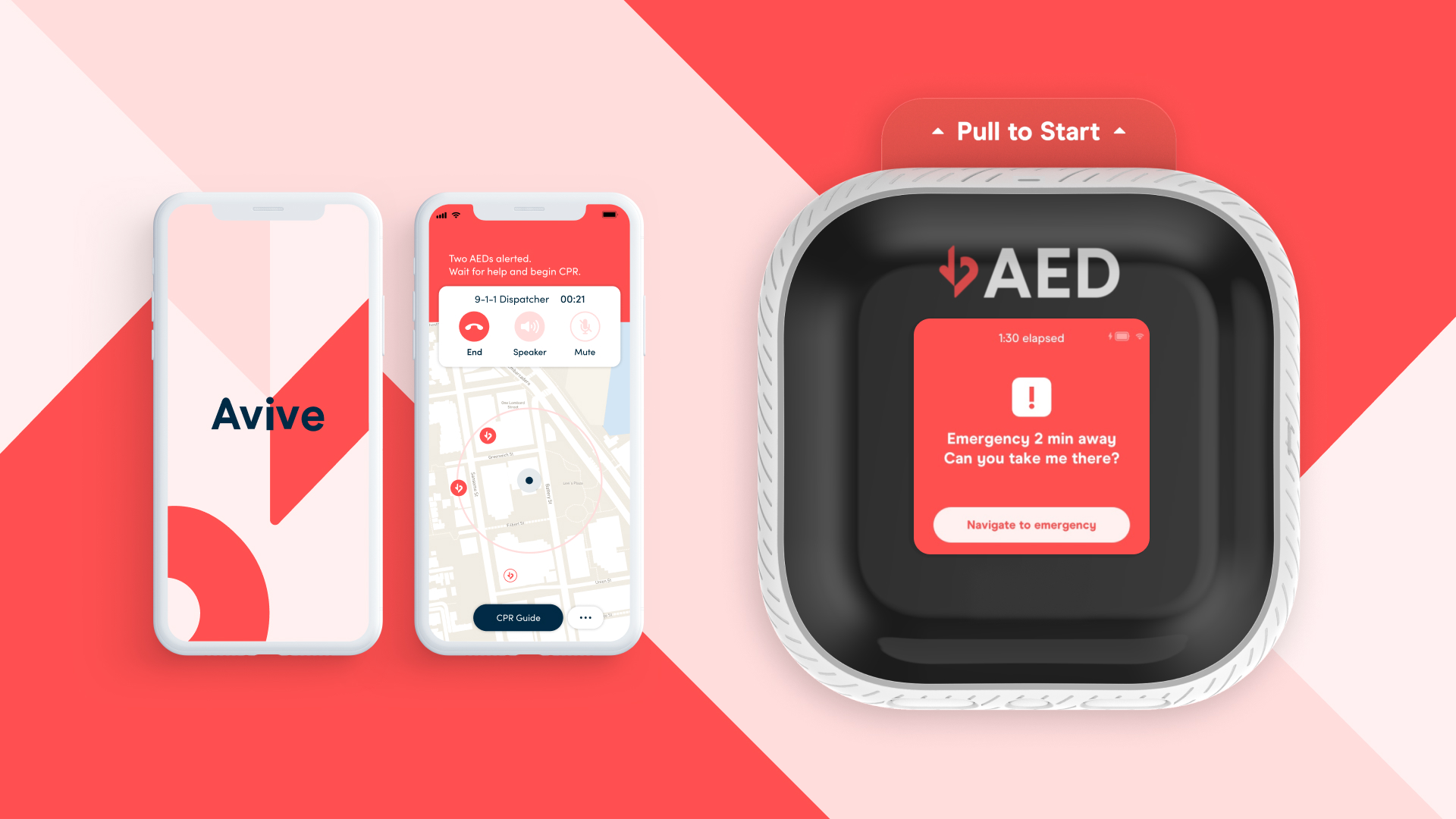
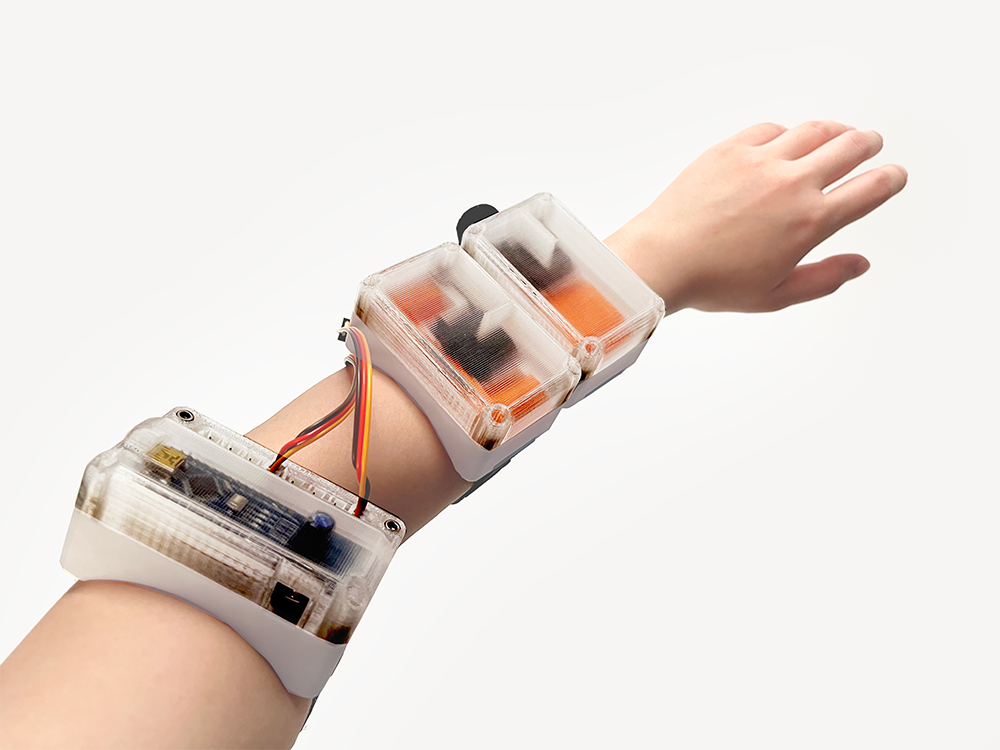
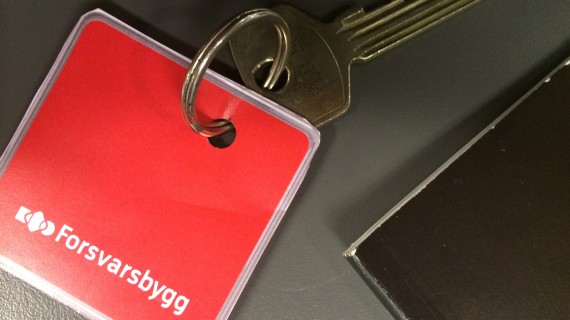
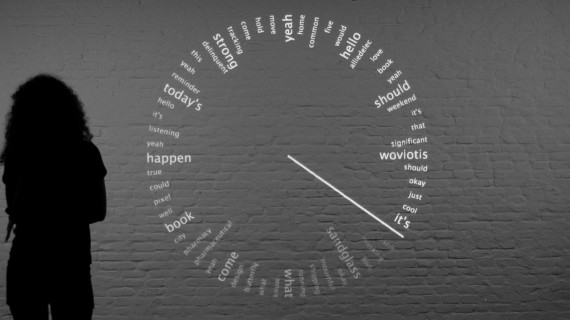
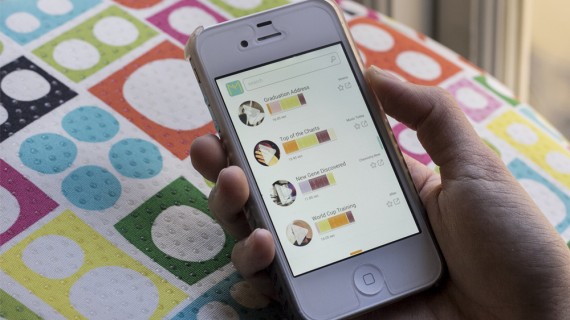
.png)
